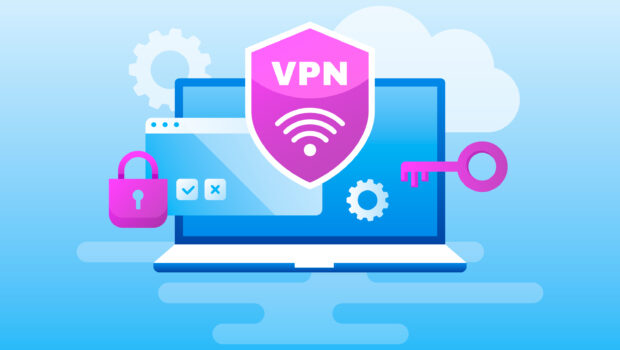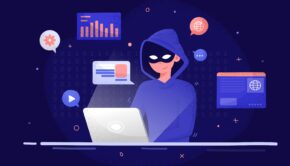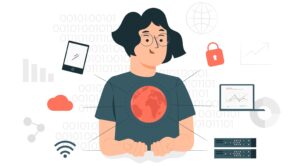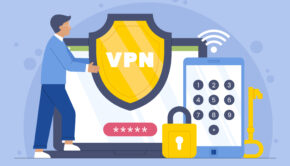How to secure online banking with a VPN?
When conducting internet banking, using a VPN is secure. Whenever you travel and connect to a public Wi-Fi network at a hotel, café, or eatery, you should use a VPN to protect your data from internet hackers. Although it’s not something we advise, it’s crucial to utilize a VPN if you must conduct online banking on a public network. By using a VPN for online banking, you guarantee the confidentiality of your account information.
To do internet banking, you must provide personal information, bank account numbers, secure passwords, and social security numbers. Hackers may steal money from your account, subject you to credit card fraud, or even worse if they see your information while you’re online banking.
How secure is online banking?
The great majority of websites use HTTP Secure. As the name implies, this is a safer variation of the hypertext transfer protocol, which is used to communicate information from your browser to a website. To prevent your internet service provider and anybody else on your network from snooping on your connection or seeing what you type or click on a page, HTTPS employs TLS encryption. In your browser’s URL bar, look for a padlock to confirm that your connection is encrypted using HTTPS.
This implies that as long as you are certain that you are connected to your bank’s website or app, you may be reasonably certain that you can do banking operations.
When Should You Use VPN For Online Banking?
When doing internet banking, a VPN should always be used. Only conduct online banking when you are at home, if at all possible (not using public Wi-Fi). To increase your privacy, you should utilize a VPN even when you’re at home. This is crucial while using internet banking. On PCs and tablets, VPNs are frequently used, but phone use is often neglected. However, if you utilize mobile internet banking apps, your phone is particularly vulnerable to hackers.
Have you ever been working on a project in a coffee shop when you suddenly realized you needed to check the balance of your bank account?
Your information becomes available for fraudsters to steal when you log onto your mobile banking app. Do not forget to set up a VPN on all your devices, not just your laptop. Many VPN companies allow connections on five devices or more per person plan. There are services that provide free VPN download services as well.
Additional Tips For Safe Online Banking
Try not to save your login details
Some websites let you remember your login details for later use, but if another person uses your computer or mobile device after you, they might be able to access your bank accounts. Many banking websites now time out and delete your information after a certain amount of inactivity to at least partially prevent this from happening.
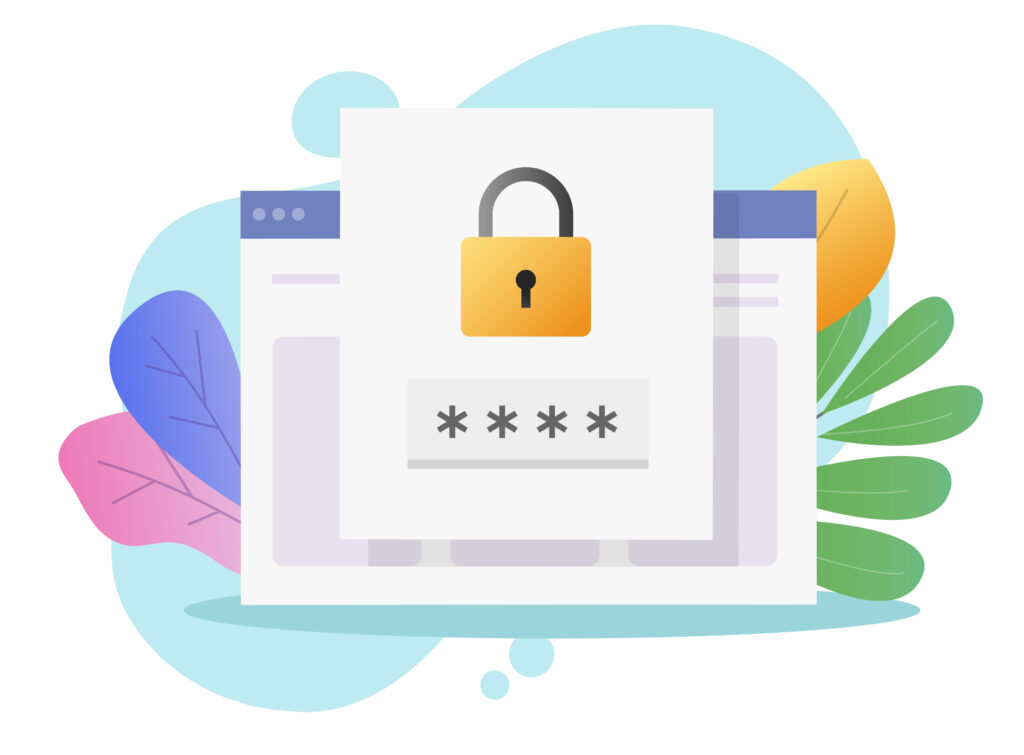
Image by Freepik
Choosing a strong password
Your password for online banking should be alphanumeric and contain both capital and lowercase letters. It would be nearly hard to crack your password if you added some special characters to it. Never use widely used terms or phrases as your password. This means that you should refrain from using your name, pet name, or birthdate. For increased security, you should frequently update the password.
Do not open phishing emails
One of the most common sorts of online banking fraud today is phishing. You receive a fraudulent email that seems to be from your bank or other well-known websites. The majority of these emails contain a link that you are expected to click on. You will be taken to a screen where you must enter your banking information after clicking the link. Be aware that no bank will ever ask for your banking information via such an email. You could easily fall victim to a phishing scam if you open such emails.
Sign up to get account notifications
The majority of banks now provide SMS and email account notifications. To receive notifications for each debit and credit transaction, sign up for this service. You will find it simpler to keep track of the transactions. If your account information is ever compromised, you will be notified if there have been any unauthorized transactions. When that happens, you can immediately contact your bank to get the account blocked.
Conclusion
However, only you are capable of creating a secure password. A VPN will help you protect your privacy and will undoubtedly aid you when doing online banking. Do not forget that a VPN encrypts your data and acts as a tunnel. You cannot rely on it to keep you safe from infections or prevent hacking.
Changing your passwords at least once a year will help you stay as safe as possible by reducing the likelihood that you will be compromised. To make a password tougher to decipher, it is helpful to use random characters. Make sure to utilize a VPN when conducting online banking after following the internet safety guidelines.
Cover Image by Freepik

